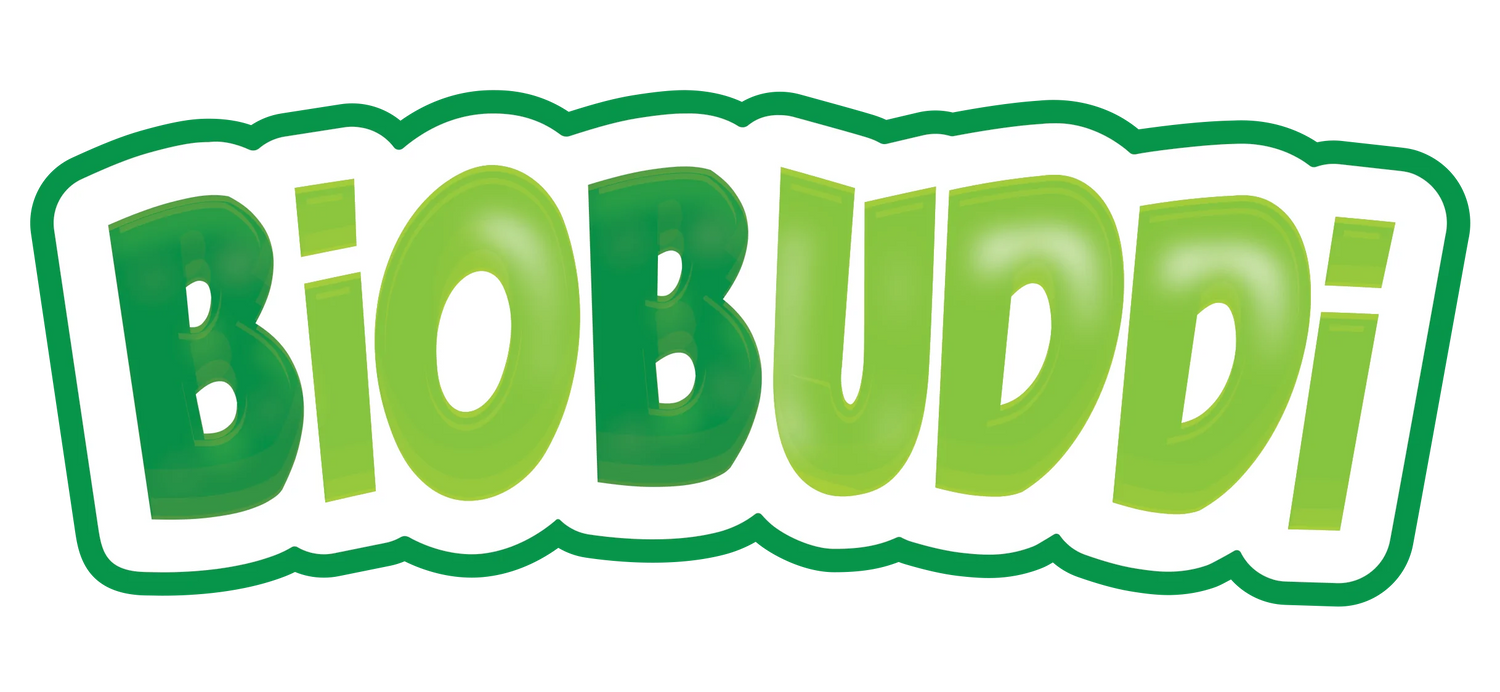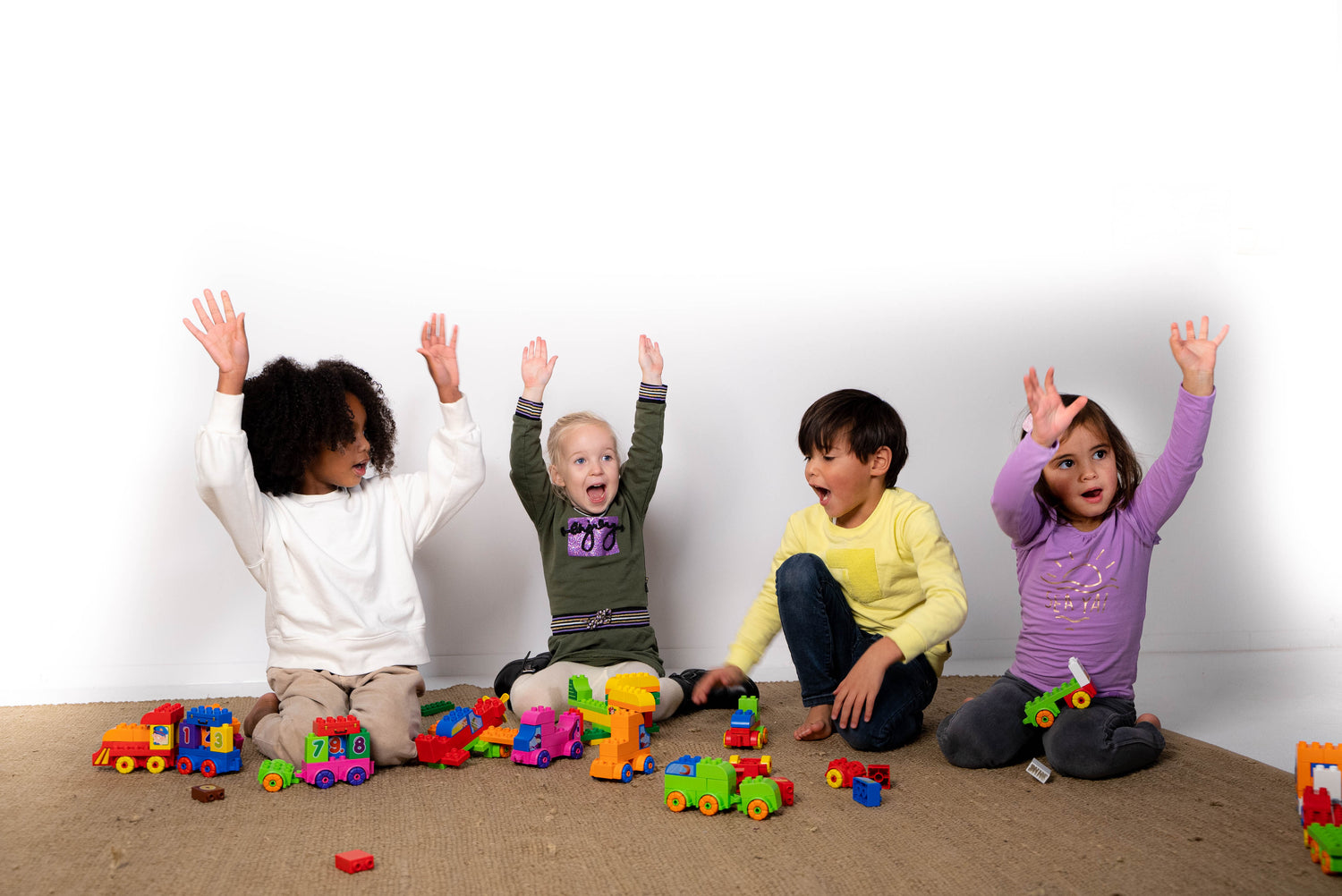



Shipping
We offer free and standard delivery to Hong Kong, if your order reaches a certain amount.
Due to store management, we are not offering pick up option at the moment.
Please check the delivery details as below.
| Region | Shipping Option | Cost | Delivery Time |
| Hong Kong | Order of HK$599 below | Calculated Rates by Couriers HK$30up | 3-7 Working Days |
| Order of HK$599 or above | Free | 3-7 Working Days | |
| Weight above 5kg | Calculated Rates by Couriers HK$150up | 3-7 Working Days | |
| Macau | Weight below 2kg | Calculated Rates by Couriers HK$100up | 5-10 Working Days |
| Weight above 2kg | Calculated Rates by Couriers HK$300up | 5-10 Working Days | |
|
Taiwan |
Weight below 2kg (By Air) | Calculated Rates by Couriers HK$120up | 5-10 Working Days |
| Weight above 2kg (By Air) | Calculated Rates by Couriers HK$300up | 5-10 Working Days | |
| United States | Weight below 2kg (By Air) | Calculated Rates by Couriers HK$350up | 5-15 Working Days |
| Weight above 2kg (By Air) | Calculated Rates by Couriers HK$600up | 5-15 Working Days |
If you need urgent delivery, please feel free to message us or email us for special arrangements.
Depending on the weight and size of the order, additional delivery costs may apply. In this case, we will contact you for further arrangements.
Please note that customs fees and import taxes may occur, and you will be responsible for the corresponding fees to receive the order.
Shipping Time
My Little Korner will pack and send out the product(s) within 3 - 7 working days after receiving your order and payment. Shipping time depends on couriers dispatching schedules and routing, as well as your location, weather, and traffic conditions.
The working day is defined as Hong Kong time from Monday to Friday from 9:30 a.m. to 6:00 p.m., excluding public holidays. All orders will be processed in the next working day after confirmation of payment.
Under the issuance of No.8 Gale or Storm Signal or Black Rainstorm Signal, it may cause to delay the delivery time, we will contact the customers if the delivery schedule has been changed.
If customers cannot receive the product(s) at appointed delivery time, My Little Korner reserves the right to collect the extra charge from customers for re-delivery service.
If the delivery address has been changed, please contact us immediately for further arrangement.
My Little Korner reserves the right of absolute discretion to reject delivery the product(s) to any customers.
Return and exchange policy
We do our best to ensure that all products are of high quality before being delivered to customers. However, the product may be damaged during shipment, and if this occurs, a return request can be made within 7 days of the item's arrival. Please note that all return requests are subject to evaluation and our customer service department will be happy to assist you.
Returns and exchanges of goods must meet the following conditions:
Only products purchased through the official website www.mylittlekorner.com (non-discount) can be returned. All products purchased online cannot be exchanged or refunded in stores.
Clearance items, sale items, special offers, and limited-time sale items are not eligible for returns and refunds, except for items with quality issues.
The products you return should not be washed, cleaned, damaged or used, and the packing list, original packaging and clothing tags that come with the item delivery must be retained to qualify for return. We reserve the right to refuse a return if the item does not meet the return criteria.
We do not offer free return shipping nor do we provide any refunds for any fees incurred for returns.
To ensure your return is valid and eligible for a refund, please always follow our returns procedures.
My Little Korner does not offer a warranty and fair wear and tear is not grounds for return per policy.
My Little Korner reserves the absolute right to determine the condition of products. Customers are required to present a valid product return receipt in accordance with the return policy.
Return process
Please ensure that you keep the complete product and fill in the packing list with personal contact information. Contact the customer service department within 7 working days after receiving the product to apply for return. If you meet the return requirements and obtain return permission, please contact us after receiving permission. Choose express delivery to the following address within two working days (collect delivery is not supported). My Little Korner is not responsible for any lost items.
Attn: My Little Korner Customer Service Department
Contact number: +852 28919882
Refund policy (if applicable)
Once our customer service department receives and inspects your return, we will send you an email or contact you via Whatsapp to notify you that we have received your returned item, and approve or deny your refund request.
If you're approved, your refund will be processed and a credit will automatically be applied to your credit card or payment method of your choice within 14 days.
Exchange policy (if applicable)
We only replace defective or damaged items and do not accept any defects due to product packaging or size discrepancies. If you need to make an exchange, please email cs@kornerconcept.com stating the reason for your exchange. Once your exchange request is approved.
*In the event of any conflict or inconsistency between any term of this policy (including the schedules) in the English languages and any translation thereof in Chinese language version of this policy shall prevail.

Biobuddi




